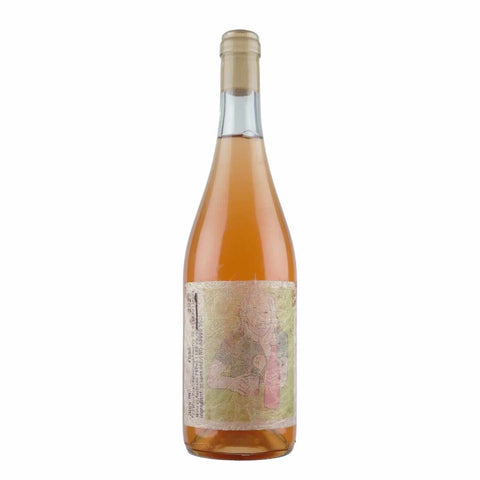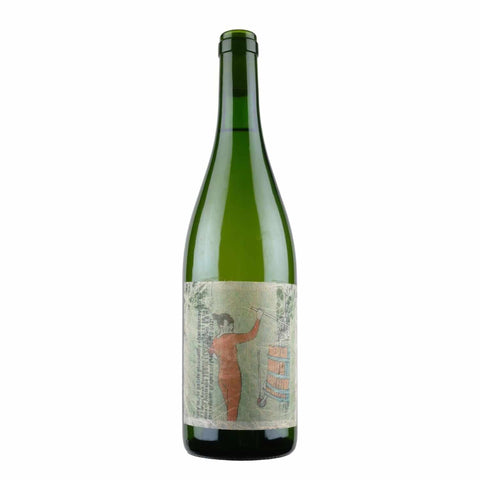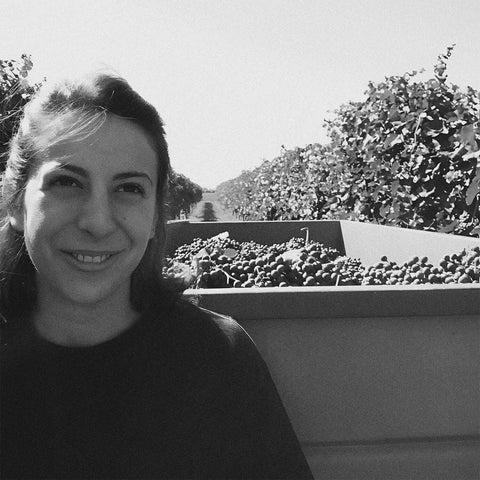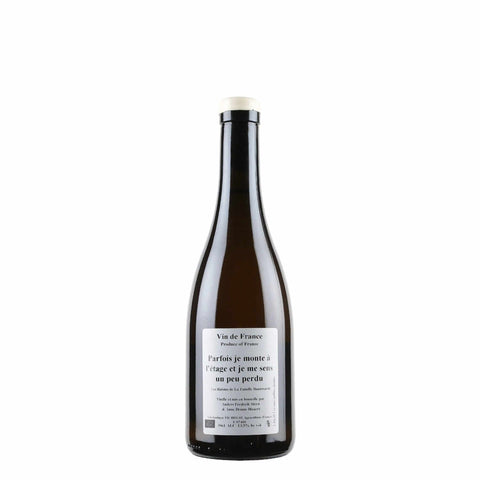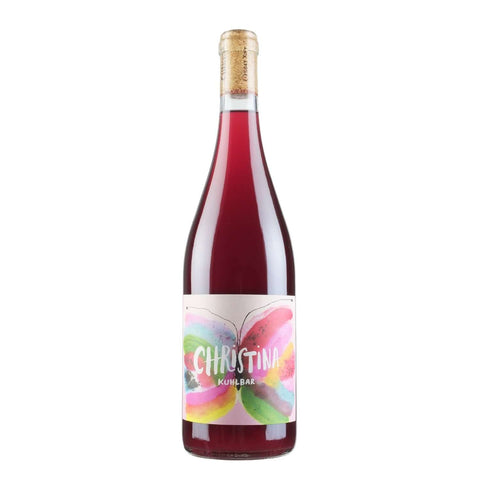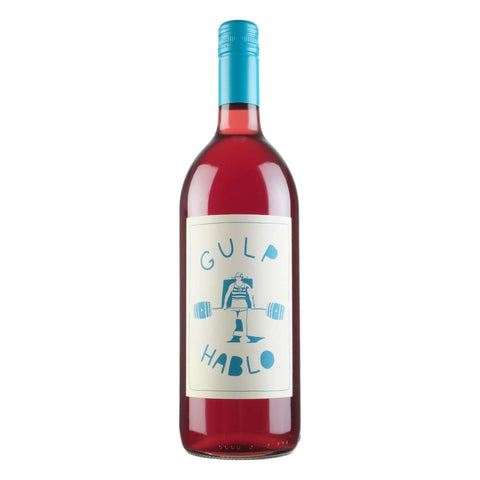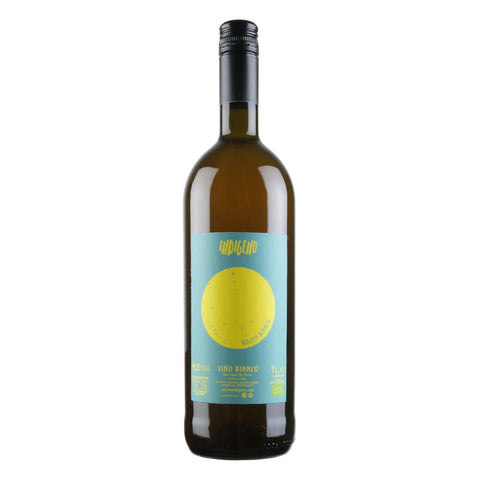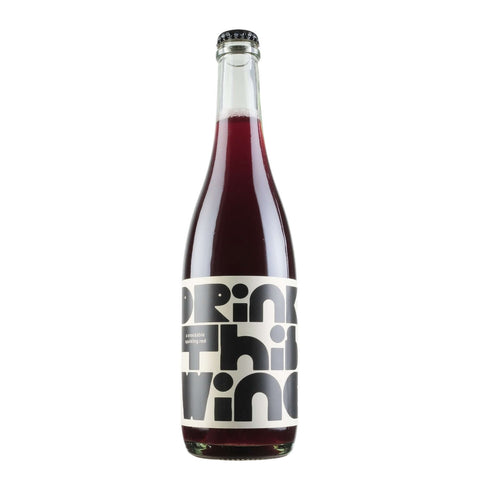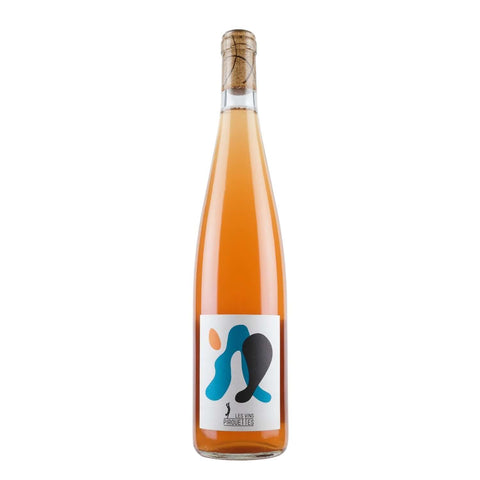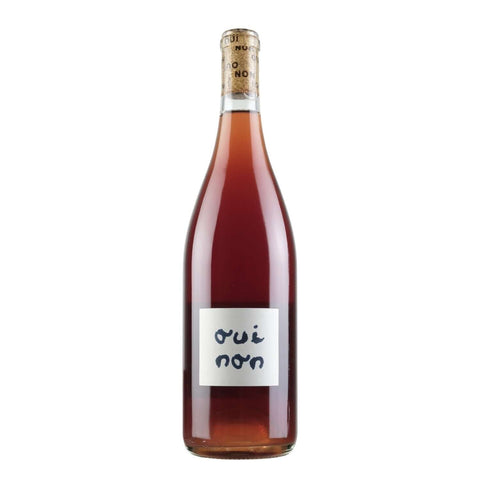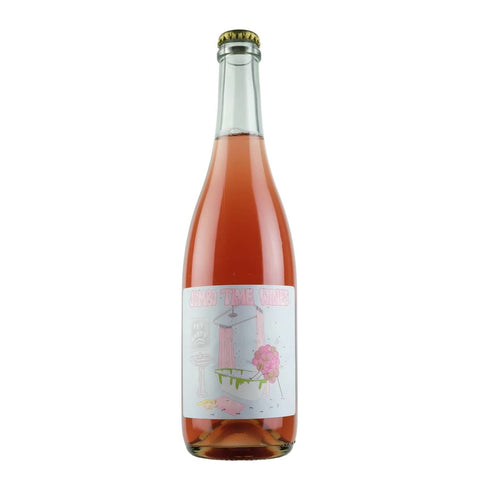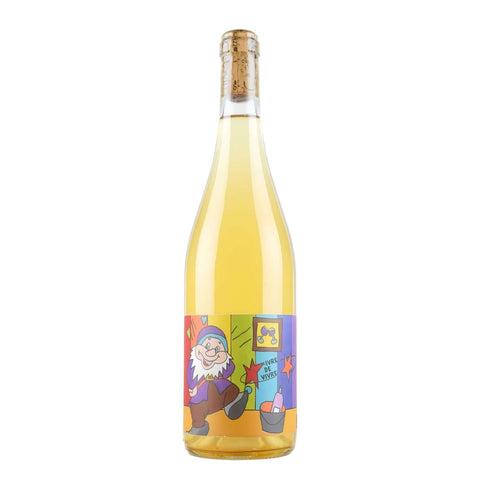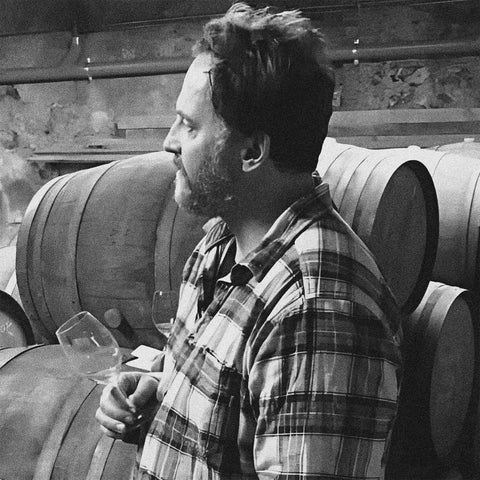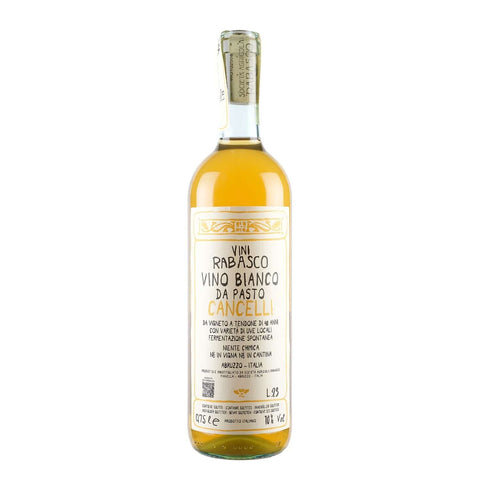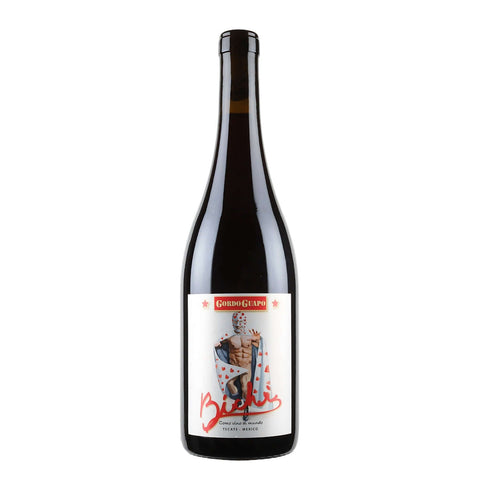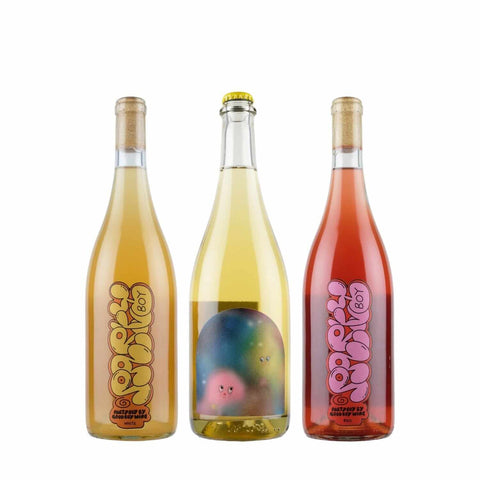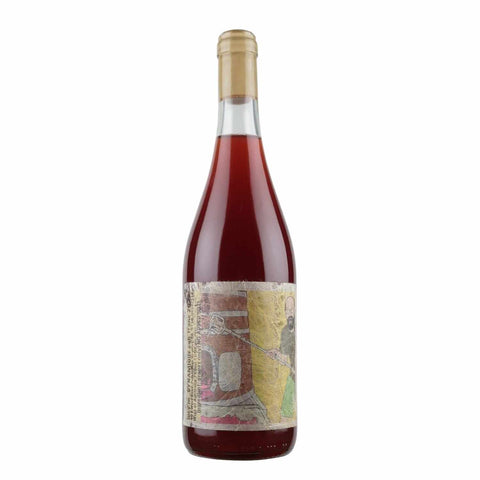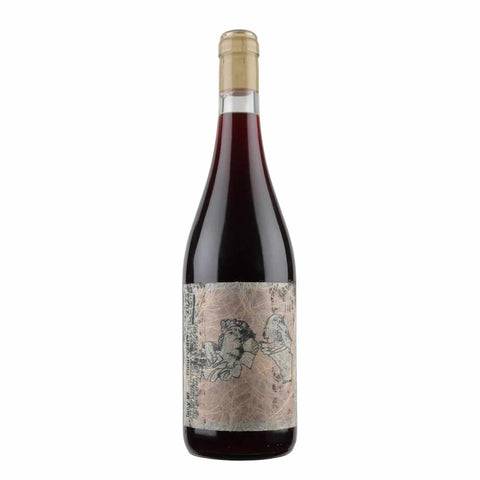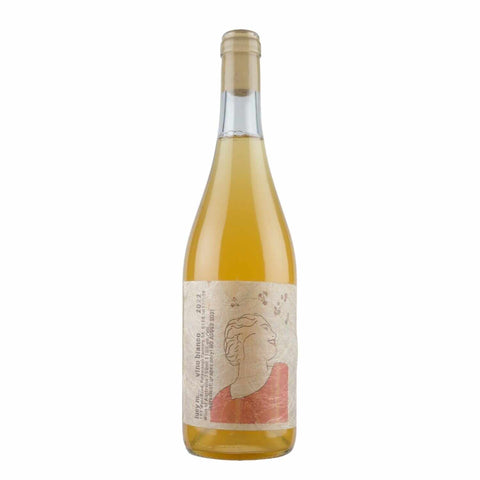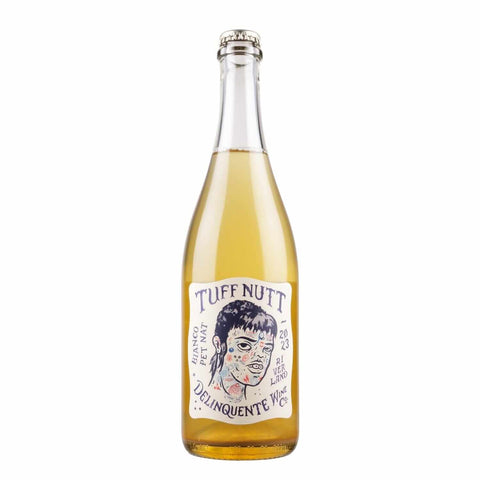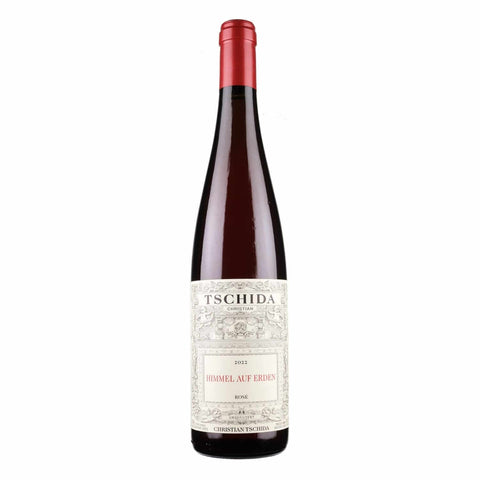Natural wine (sometimes nicknamed “natty wine”) is not just a trendy adjective — it’s a philosophy of winemaking rooted in minimal intervention, ecological respect, and pure expression of terroir. If you’ve ever wondered, “What makes a wine truly natural?” or “Why are so many wine lovers obsessed with natural wine?” — this guide aims to answer that fully.
The Essence of “Natural Wine”
At its core, natural wine means wine made with as little interference as possible — from vineyard to bottle. Because there is no legally codified definition, its boundaries blur, and different winemakers have different interpretations. But the broad consensus typically includes:
- Grapes grown using organic, biodynamic, or regenerative practices (i.e. no synthetic pesticides, herbicides, or chemical fertilizers).
- Hand harvesting (rather than mechanical) to protect fruit integrity.
- Fermentation using native (wild) yeasts rather than commercial strains.
- Minimal (or no) additions — few to no additives such as yeast nutrients, acid adjustments, or flavorings.
- Little to no added sulfur dioxide (SO₂) — certainly much less than conventional wines.
- No or minimal fining, filtering, or clarification, so wines may appear slightly hazy, with sediment, or have a more “raw” texture.
Because "natural wine" is more of a philosophical umbrella than a strict legal standard, evaluating a wine’s “naturality” means trusting the producer’s transparency, tasting with discernment, and sometimes reading between the lines.
Natural vs. Organic vs. Biodynamic: Clarifying the Jargon
These terms are often interchanged, but they carry distinct meanings:
- Organic wine: Focuses on vineyard practices (no synthetic chemicals). The grapes are recognized under certifying bodies (USDA, EU, etc.), and winemaking must adhere to certain limits on additives.
- Biodynamic wine: Goes a step beyond organic, incorporating holistic, ecological, and even esoteric practices (e.g., planting/harvesting according to lunar cycles, specific compost preparations, treating the vineyard as an integrated organism).
- Natural wine: Embraces the minimal-intervention ethos across farming, fermentation, and bottling. Organic or biodynamic grapes are nearly always the starting point, but what happens post-harvest (in the cellar) also matters.
Thus, a wine can be organic or biodynamic but not natural (if it’s heavily manipulated in the cellar). Conversely, a wine might claim “natural wine” even without formal certification, if the producer adheres to minimal-intervention practices.
How to Identify Natural Wines (or “Natty” Bottles)
Given natural wine’s loosely defined nature, how do you pick one? Here are clues to look for:
- Label claims / buzzwords: Terms such as minimal intervention, no added sulfites, unfiltered/unfined, native yeast, organic or biodynamic may hint at natty wine philosophy (though they’re not guarantees).
- Certification logos: Look for Demeter (for biodynamic), USDA Organic, or other regional certifications. These don’t ensure a wine is fully natural, but they offer evidence of restraint in farming.
- Producer’s reputation / backstory: Research the winemaker — their philosophy, interviews, or website often reveal whether they align with natural wine practices.
- Visual cues: Slight haze, sediment, or cloudy appearance can suggest minimal filtration or fining.
- Unusual labeling / packaging: Natural wines often come with quirky, artsy labels, alternative closures (corks vs. screwcaps vs. crown caps), or small pressings.
Ultimately, the best way to confirm is to taste and see whether the wine feels alive, expressive, and “of place” — not constrained by additives.
What Makes Natural Wine Worth Exploring
Why do so many wine lovers ride the “natty wine” wave? Here’s what draws people in:
Purity & Fewer Additives
Natural wines generally contain fewer additives — especially minimal sulfur dioxide — letting the grape and soil speak. For some drinkers, that means fewer harsh chemicals, more nuance, and added authenticity.
Environmental & Ethical Appeal
Many producers of natural wine embrace regenerative or low-impact practices, prioritizing soil health, biodiversity, and ecological stewardship. Drinking natural wine becomes a small way to align with sustainable agriculture.
Unique Flavors
Because there’s less manipulation, natural wines often surprise the drinker — funky notes, wild aromatics, expressive fruit, earthy tones, and a tactile texture rarely found in sterile, heavily processed wines. The variation between bottles/vintages becomes part of the appeal.
Supporting Small & Independent Winemakers
Natural wine is often the domain of small-scale, passionate producers. By choosing natural wine, consumers support boutique operations over industrial mega-brands, helping to preserve diversity in the wine world.


